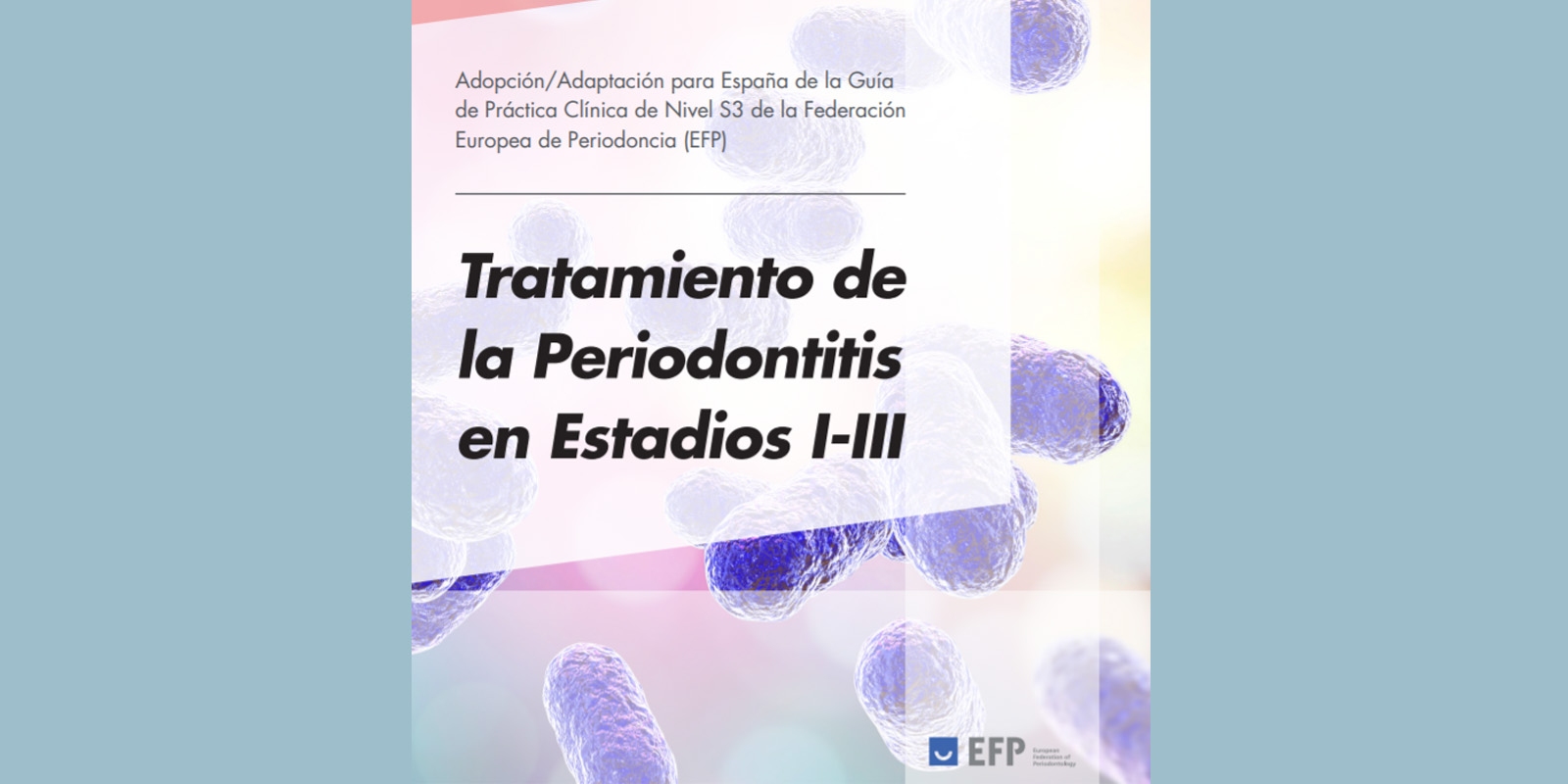DENTAID EXPERTISE
News for dentistry professionals
Fluoride during pregnancy

INTRODUCTION
Fluoride is a mineral that strengthens tooth enamel, facilitates mineralisation and inhibits the formation of bacterial plaque in the oral cavity. There are several self-application methods for patients such as mouthwashes, toothpastes, as well as application by dental professionals using gels or varnishes whose fluoride concentration is higher.
During pregnancy, several changes occur that can affect the oral cavity, such as nausea, vomiting and xerostomia, promoting the onset of dental caries, where fluoride plays an essential role in helping to prevent it.
NAUSEA AND VOMITING
Due to the increase in gonadotropin during their first trimester, pregnant woman may have repeated episodes of nausea and vomiting. Tastes, odours or even sometimes the head of a toothbrush inside the mouth can trigger this situation, ultimately causing one to reduce their toothbrushing frequency. In addition, this reflux of gastric juices demineralises tooth enamel, favouring the development of caries.
XEROSTOMIA
Hormonal changes and the foetus’ increased need for water in order to develop cause the oral cavity to dry out, reducing the fluidity of saliva and, therefore, changing the mother’s oral pH, which can help in the onset of caries.
FLUORIDE TREATMENT
Fluoride intake should begin even before pregnancy. Fluoride transforms the hydroxyapatite of enamel into fluorapatite, which is more resistant to demineralisation and inhibits glycolysis reactions, reducing the formation of acids in bacterial plaque, to prevent the demineralisation of this structure. Therefore, the use of fluoride toothpastes and mouthwashes before pregnancy will help protect the enamel from nausea and vomiting, which occur mainly during the initial months of pregnancy. Once the first trimester of pregnancy has elapsed, and the process of foetal organogenesis is completed, it is advisable to get a prophylaxis to reduce the bacterial load accumulated during that time, which will also help to inhibit the development of other oral pathologies. Patients at risk for caries, will be reinforced with gels and varnishes after the prophylaxis. During the remaining 6 months it is recommended to continue with the use of fluoride products to thereby minimise the effects of xerostomia and prevent an increase in caries.
About the Author
Dental hygienist.
Member of the Commission for Oral Health and Prevention of the Professional College of Dental Hygienists of Madrid.
Bibliography
- Fluoruros y Salud [Fluoride and Health] Series of Monographs 59- 1st Ed. Geneva - WHO 1972.
- Ojeda-González JJ, Rodríguez-Álvarez M, Estepa-Pérez JL, Piña-Loyola CN, Cabeza-Poblet Cambios fisiológicos durante el embarazo [Physiological changes during pregnancy] Su importancia para el anestesiólogo [Their importance for the anaesthesiologist]. Medisur. 2011
- Alfaro AlfaroAscensión, Castejón Navas Isabel, Magán Sánchez Rafael, Alfaro Alfaro María Jesús. Embarazo y salud oral [Pregnancy and oral health] Rev Clin Med Fam. 2018; 11( 3 ): 144-153.
- García Sobrino El flúor, pros y contras [Fluoride, prosand cons]. GACETA DENTAL 225, May 2011.
RELATED ARTICLES

17 Feb 2022
EuroPerio Series: professional discussions and scientific exchange
To keep the global perio community up to date with the latest research findings as well as give a taster of what is to come at EuroPerio10, the…

21 Jan 2022
Xerostomia in COVID-19 positive patients: clinical considerations
Severe Acute Respiratory Syndrome Coronavirus 2 (SARS-CoV-2) the cause of the pandemic known as COVID-19, affects different organs and systems (lungs,…

20 Jan 2022
A guide adapted to Spain to optimise the approach to periodontitis
There are currently numerous clinical practice guidelines to direct the treatment of many systemic diseases (such as diabetes, depression,…
Sign up for the DENTAID Expertise newsletter
Sign up for the newsletter